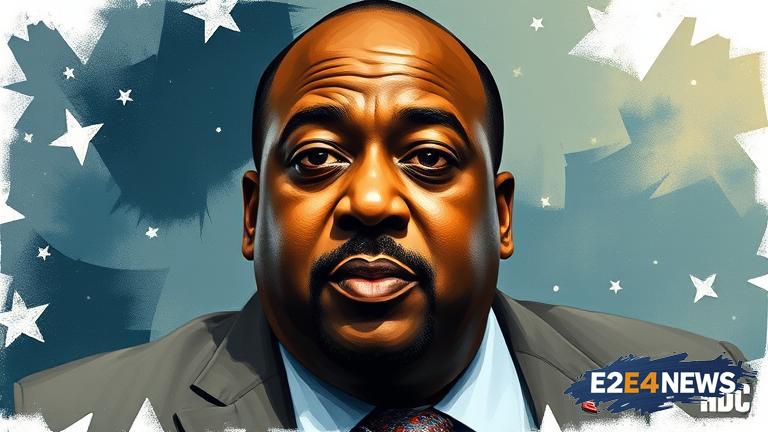The recent news of Bolaji Abdullahi joining the African Democratic Congress (ADC) has sparked a heated debate about the nature of politics in Nigeria. Abdullahi, a former Minister of Sports and Youth Development, has been a prominent figure in Nigerian politics for many years. His decision to join the ADC has been seen as a significant move, with many wondering what motivated him to make this choice. The ADC, a relatively new party in Nigeria, has been gaining traction in recent years, with many Nigerians looking for alternative options to the traditional parties. Abdullahi’s membership in the party has been seen as a boost to the ADC’s credibility and profile. However, not everyone is convinced that Abdullahi’s move is purely driven by a desire to serve the Nigerian people. Some have questioned whether his decision is motivated by a desire for power and influence. The debate surrounding Abdullahi’s membership in the ADC has highlighted the complex and often contentious nature of Nigerian politics. Many Nigerians are disillusioned with the current state of politics in the country, with some feeling that politicians are more interested in advancing their own interests than in serving the people. The ADC, with its focus on social democracy and good governance, has been seen as a potential alternative to the traditional parties. However, the party still faces significant challenges, including a lack of resources and infrastructure. Despite these challenges, the ADC has been making strides in recent years, with many Nigerians beginning to take notice of the party’s message. Abdullahi’s membership in the party is likely to help raise the ADC’s profile and attract more attention to the party’s platform. However, it remains to be seen whether the ADC can translate this attention into tangible results at the polls. The Nigerian political landscape is notoriously complex and unpredictable, with many factors influencing the outcome of elections. The role of money, ethnicity, and religion are just a few of the factors that can impact the outcome of elections in Nigeria. Despite these challenges, many Nigerians remain hopeful that the ADC and other alternative parties can bring about positive change in the country. The debate surrounding Abdullahi’s membership in the ADC has also highlighted the importance of critical thinking and nuance in Nigerian politics. Rather than simply accepting or rejecting Abdullahi’s decision, Nigerians must consider the complexities and motivations behind his choice. This requires a deeper understanding of the Nigerian political landscape and the various factors that influence the decisions of politicians. Ultimately, the success or failure of the ADC and other alternative parties will depend on their ability to connect with the Nigerian people and address the country’s pressing challenges. The ADC’s focus on social democracy and good governance is a step in the right direction, but the party must also be able to demonstrate its commitment to these values in practice. As the Nigerian political landscape continues to evolve, it will be important for citizens to remain engaged and informed, holding their leaders accountable for their actions. The media also has a critical role to play in promoting transparency and accountability in Nigerian politics. By providing a platform for nuanced and informed discussion, the media can help to promote a more informed and engaged citizenry. In conclusion, the debate surrounding Bolaji Abdullahi’s membership in the ADC is a complex and multifaceted issue, reflecting the broader challenges and opportunities facing Nigerian politics. As the country continues to navigate its complex political landscape, it will be important for citizens, politicians, and the media to remain engaged and committed to promoting positive change.
